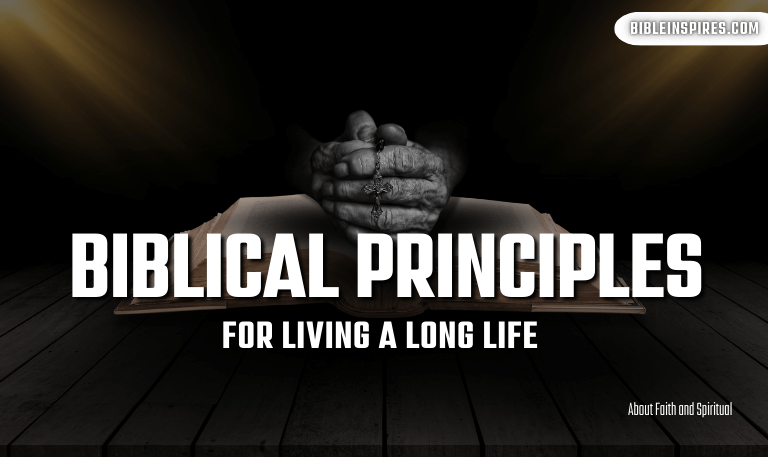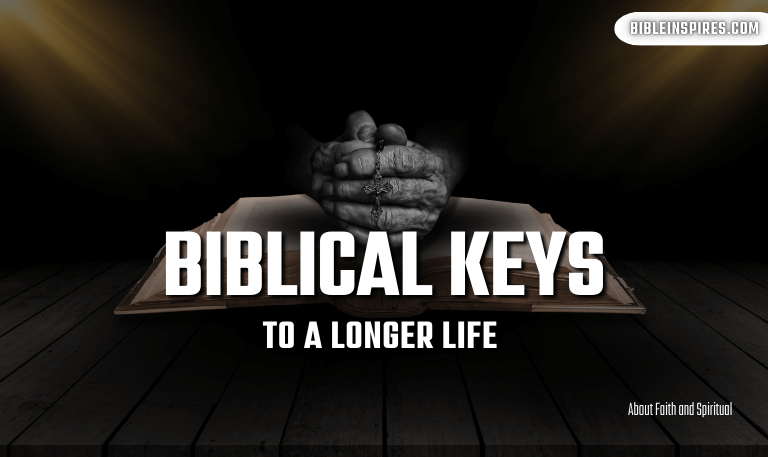Is magic real, or is it just an illusion created by tricks and superstition? This age-old question has fascinated humanity for centuries. From ancient myths and spiritual rituals to modern-day illusions and pop culture, magic permeates our collective imagination. In this article, we’ll explore what magic really is, the historical and cultural contexts, scientific explanations, and why belief in magic continues to endure.
What Does “Magic” Really Mean?
Magic is a word that evokes wonder, mystery, and sometimes fear. But what exactly is magic? The term varies greatly depending on the context:
Illusionary Magic: Tricks performed by magicians or illusionists, designed to deceive the senses and entertain.
Ritual Magic: Ceremonial practices aimed at invoking supernatural powers or forces.
Supernatural Magic: The belief in mystical forces that can influence reality beyond natural laws.
In essence, magic can be defined as the art or practice of influencing events, people, or outcomes by means that defy natural explanation.
Read Also: Catholic vs Baptist
Different Types of Magic: Illusion, Ritual, and the Supernatural
Understanding magic requires breaking it down into its main categories:
1. Illusionary Magic (Stage Magic)
This is what you see in magic shows: card tricks, levitation, disappearing acts. Illusionists like David Copperfield and Dynamo use sleight of hand, misdirection, and clever devices to entertain. This form is universally accepted as not real magic but skillful deception.
2. Ritual Magic (Ceremonial and Occult Magic)
Rooted in ancient traditions, ritual magic involves ceremonies, chants, and symbols believed to manipulate spiritual forces. Examples include:
Alchemy in the Renaissance — blending proto-science with mysticism.
Hermetic Magic — based on esoteric knowledge.
Wiccan and Pagan rituals — contemporary spiritual practices.
3. Supernatural Magic (Mythical and Religious Magic)
This refers to acts attributed to supernatural beings or forces, such as spells cast by witches or miracles performed by saints. Belief in supernatural magic is common in many cultures and religions.
A Historical Journey Through Magic
Ancient Civilizations and Magic
From Mesopotamia to Egypt, magic was intertwined with daily life and religion. Ancient Egyptians used amulets and spells for protection and healing. The Book of the Dead contains magical incantations to guide the soul.
Magic in Ancient Greece and Rome
Philosophers like Plato debated magic’s nature. Greek and Roman magic often involved invoking gods or spirits for personal gain.
Medieval Europe and the Rise of Witchcraft
Magic became both feared and persecuted. The witch hunts are a dark chapter illustrating societal panic over alleged sorcery.
Renaissance and the Occult
Alchemy and astrology flourished, blending mystical beliefs with early science. Figures like John Dee, advisor to Queen Elizabeth I, practiced ritual magic.
Modern Magic and Entertainment
The 19th and 20th centuries saw magic evolve into a theatrical art form, thanks to pioneers like Harry Houdini.
Magic in Religion and Spirituality
Many religions incorporate elements that resemble magic or supernatural influence:
Christianity: Miracles and exorcisms.
Shamanism: Healing rituals and spirit journeys.
Hinduism and Buddhism: Mantras and tantric practices.
These spiritual traditions often view magic differently than stage magic — as sacred, transformative, or divinely inspired.
The Science Behind Magic: Psychology and Illusions
Modern science offers explanations for many “magical” phenomena:
Cognitive Bias and Perception
Our brains fill in gaps, creating illusions of control or causality.
Sleight of Hand and Misdirection
Magicians exploit attention limits to create seemingly impossible feats.
The Placebo Effect and Belief
Belief in magic or healing can trigger real physiological responses.
Quantum Mechanics and Magic?
Popular culture sometimes links quantum physics to magic, but scientists caution this is metaphorical, not literal.
Magic in Popular Culture: From Myth to Movies
Magic thrives in stories and media:
Literature: Harry Potter, The Lord of the Rings
Movies: The Prestige, Doctor Strange
TV Shows: Charmed, The Magicians
These portrayals shape our perceptions and desires about what magic could be.
Is Magic Real? Perspectives from Skeptics and Believers
Skeptical Viewpoint
Science demands empirical evidence. Without it, magic remains illusion or superstition.
Believers and Practitioners
Many claim personal experiences with magic’s power, especially in spiritual or ritual contexts.
Philosophical Considerations
Some argue magic is a human construct — a way to explain the unknown or empower ourselves psychologically.
How You Can Explore Magic Yourself
If you want to experience magic personally:
Learn Basic Magic Tricks – Engage with illusionary magic to understand its mechanics.
Study Rituals and Symbolism – Explore spiritual or historical practices with respect.
Join Magic Communities – Connect with enthusiasts online or in person.
Is Magic Real FAQs
1. What is the difference between magic and illusion?
Magic refers broadly to supernatural or mystical power, while illusion is a trick designed to deceive the senses.
2. Can magic be scientifically proven?
Currently, no supernatural magic has been proven by science; however, illusions and psychological effects are well understood.
3. Is magic real according to religion?
Many religions acknowledge miracles or spiritual powers that resemble magic, though interpretations vary.
4. Are there real witches and wizards?
Practitioners of modern witchcraft and magic exist, but their powers are generally spiritual or symbolic, not supernatural.
5. How does psychology explain belief in magic?
Belief in magic often stems from cognitive biases, desire for control, and cultural conditioning.
6. What are some famous magical rituals in history?
Examples include Egyptian funerary spells, medieval grimoires, and Renaissance alchemical ceremonies.
7. How can I learn basic magic tricks?
Books like Mark Wilson’s Complete Course in Magic and online tutorials are great starting points.
8. Is magic dangerous?
Illusionary magic is safe; ritual magic carries cultural and psychological risks depending on practice.
9. What’s the difference between magic and superstition?
Superstition is irrational belief in causal relationships without evidence; magic often involves rituals or symbols intended to cause change.
10. Does modern science explain all magical phenomena?
Science explains illusions and psychological effects but cannot confirm supernatural claims.
Conclusion
Is magic real? The answer depends on how you define it. While stage magic is an art of illusion, ritual and supernatural magic remain deeply embedded in human culture and spirituality. Science provides rational explanations for many magical experiences, yet the fascination with magic endures as a powerful symbol of mystery and hope.
![Is Magic Real? Science & Beliefs Behind Magic [2025 Guide] 1 Is-Magic-Real-Science-&-Beliefs-Behind-Magic-[2025-Guide]](https://bibleinspires.com/wp-content/uploads/2025/07/Is-Magic-Real-Science-Beliefs-Behind-Magic-2025-Guide.png)
![How to Forgive According to the Bible [2025 Guide] 3 How-to-Forgive-According-to-the-Bible-[2025-Guide]](https://bibleinspires.com/wp-content/uploads/2025/04/How-to-Forgive-According-to-the-Bible-2025-Guide.png)

